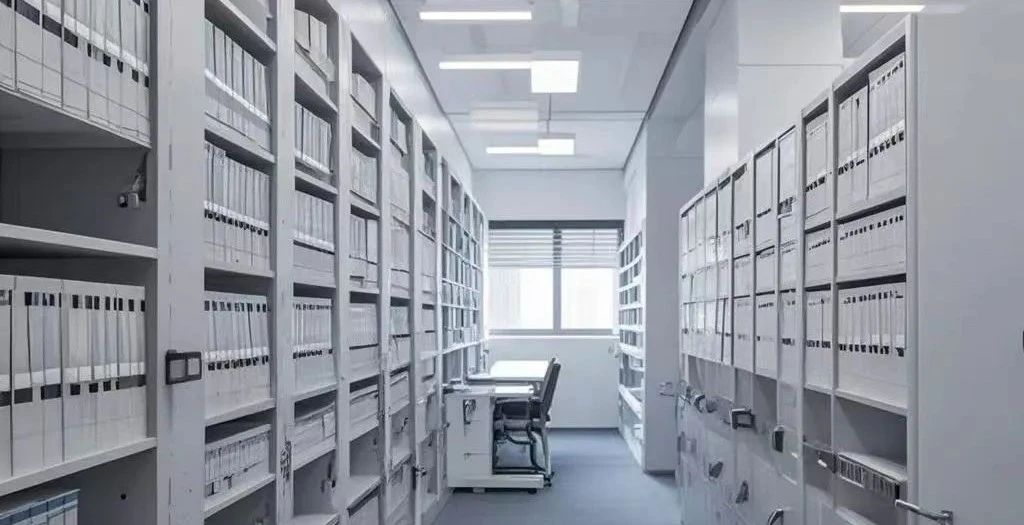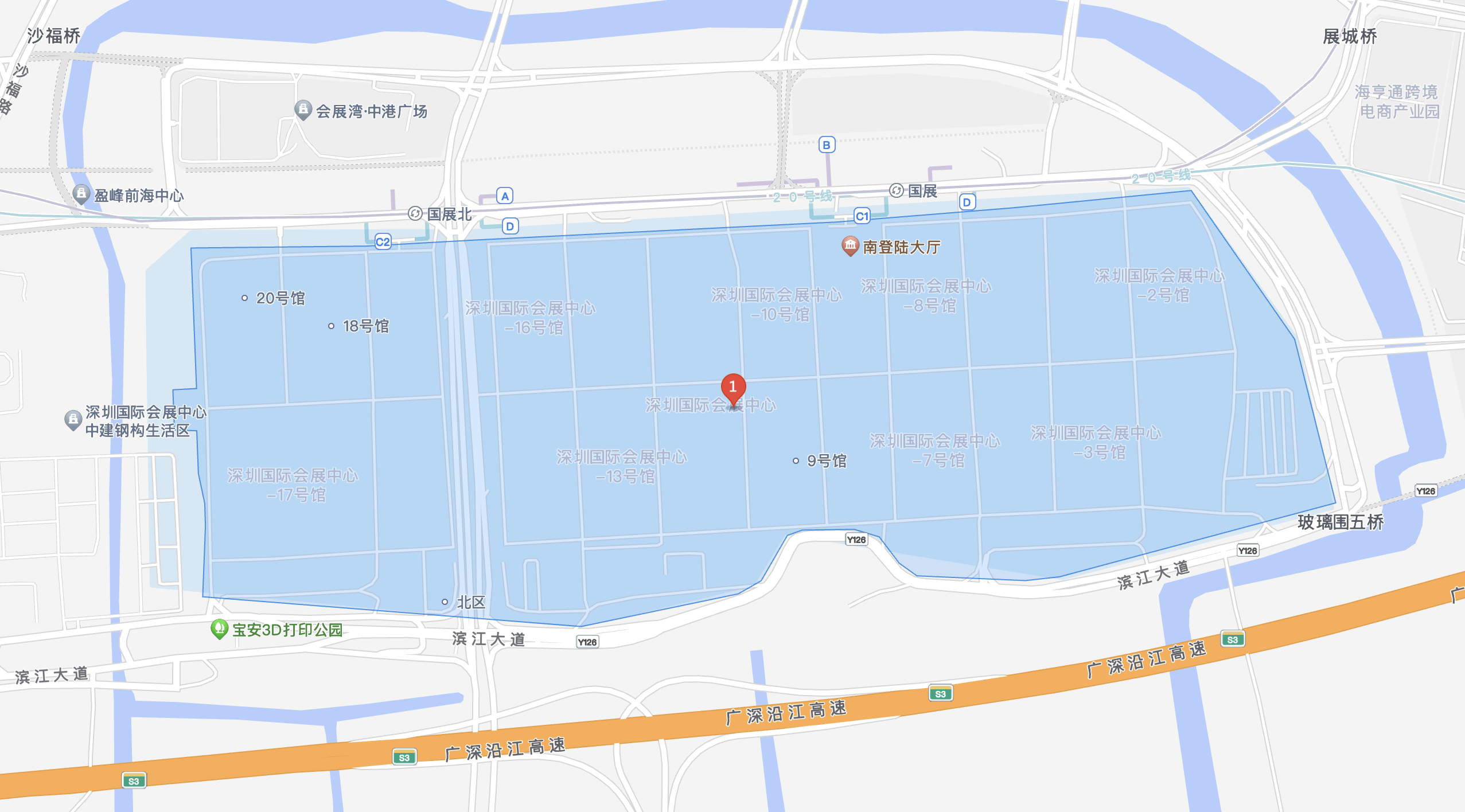At the end of last month, Yunfu Court issued a tender notice, stating that with the increasing number of archives of Yunfu Intermediate People's Court, the unit warehouse cannot meet the needs of archive storage and management. It plans to renovate the archive warehouse of Yunfu Intermediate People's Court, dismantle some of the original old manual compact racks, transform some newer manual compact racks into intelligent compact racks, and purchase a batch of new intelligent compact racks and related equipment to match RFID system equipment in the remaining space, with a renovation area of about 300 square meters; renovate and build a batch of smart file cabinets for personnel archives, with a renovation area of about 20 square meters; after the renovation is completed, the storage capacity of archives will be greatly increased, and the goal of intelligent and systematic management of archives will be achieved.
According to the tender notice, the project tendered a batch of RFID tags, RFID shelf tags, RFID channel doors, RFID workbenches, RFID handheld inventory machines, RFID inventory vehicles and RFID intelligent archive cabinets. The four bidding companies are all from Jiangxi. In the end, Jiangxi Ocean Insurance Equipment Industrial Group Co., Ltd. won the bid with about 1.66 million.
After completion, the intelligent archive management system can realize intelligent compact shelving control, warehouse information management, physical object loading and unloading management, physical object borrowing and returning management, warehouse security monitoring and control, and realize a closed-loop management of archive collection, archiving, boxing, shelving, borrowing, and destruction. At the same time, these processes are fully recorded in the system database to realize the management of the entire life cycle of archives. It provides convenience for archive staff to find archives, save time, and improve work efficiency.
What are the management difficulties of the existing court archives room?
As an important part of the court's work, the court archives room faces many difficulties such as insufficient storage space, unscientific archive management mode, and untimely archiving under the rapid growth of the number of archives. Specifically, it can be divided into the following points:
1.The contradiction between the rapid growth of the number of archives and the limited storage space
With the development of the economy and the improvement of people's legal awareness, more and more cases are pouring into the courts, resulting in a sharp increase in the number of archives. However, the archive storage space of many grassroots courts is limited, which makes it difficult to accommodate the growing number of archives. This not only brings difficulties to the storage of archives, but also brings inconvenience to the access and use of archives.
2. Unscientific archive management model
Due to various reasons, many grassroots courts have not filed their case files in time, resulting in incomplete and unsystematic archives. This not only affects the utilization value of archives, but also brings inconvenience to the court's trial work.
3. Slow progress in the informatization of archive management
Low degree of informatization: Although many grassroots courts have been equipped with computers, scanners and other equipment, the degree of informatization of archive management is still low. Many courts still rely on paper archives, and the utilization rate of electronic archives is not high.
Information island phenomenon: Due to insufficient informatization of electronic archives, the electronic archives of many courts cannot be connected with public security organs, procuratorates, etc., and the sharing of case archive information resources cannot be realized. This not only reduces the utilization efficiency of archives, but also brings inconvenience to the court's trial work.

4. Archives management regulations are backward and lack of institutionalization
Outdated management regulations: The currently implemented "Measures for the Management of Archives of People's Courts" are no longer compatible with the actual trial work, and there is a lack of corresponding institutional reference for the collection and arrangement of archives. This has resulted in serious material leakage in the archives, affecting the integrity and accuracy of the archives.
Lack of institutionalization: The archives management work of many grassroots courts lacks institutionalized and standardized management processes and standards, resulting in chaotic and disordered archives management. This not only affects the security and preservation of files, but also brings risks to the court's trial work.
How RFID solves these difficulties
The introduction of RFID technology into the court archives can significantly improve the efficiency of file management, enhance file security, improve the accuracy of file management, optimize the file management process, and adapt to future development needs. These advantages make RFID technology have broad application prospects and important value in court archives management. Specifically, it can be divided into the following points:
1. Improve file management efficiency
Fast positioning and retrieval: RFID technology can quickly find the specific location of the required files through radio frequency identification, which greatly improves the speed and accuracy of file retrieval. This allows archives managers to respond to query requests faster and improve service efficiency.
Automated inventory: RFID technology can realize automated inventory of files, reducing the workload and error rate of manual inventory. This not only improves the efficiency of inventory, but also ensures the accuracy of file quantities.
2. Enhance file security
Real-time monitoring: The RFID system can monitor the status of files in real time. Once a file is found to have been illegally moved or accessed without authorization, the system will immediately issue an alarm. This helps to promptly detect and deal with potential risks of file loss or damage.
Permission management: RFID technology can limit different users' access and operation permissions to archive information through permission settings. This ensures that only authorized personnel can access and operate files, effectively preventing information leakage and illegal access.
3. Improve the accuracy of file management
Unique identification code: RFID tag serves as the unique identification code of the file, which can ensure the accurate identification of the file. This avoids errors and confusion that can occur in traditional archives management and improves the accuracy of archive information.
Reduce human errors: RFID technology reduces manual operations and reduces problems such as file loss and misplacement caused by human factors. This further improves the accuracy of archive management.
4. Optimize file management process
Standardized management: RFID technology can be combined with database management systems to realize automated management of archive information. This helps to develop standardized archives management processes and improve the standardization and consistency of archives management.
Intelligent management: RFID technology can promote intelligent file management, including automatic classification, archiving, and retrieval of files. This makes file management more efficient and convenient.
5. Adapt to future development needs
Scalability: The RFID file management system is highly flexible and scalable. This means that in the future, the system can be upgraded and refined as needed to meet higher management needs and security standards.
Integration with other systems: RFID technology can be integrated with other information systems to realize the sharing and utilization of archival information. This will help build a more complete court information management system.
This paper is from Ulink Media, Shenzhen, China, the organizer of IOTE EXPO (IoT Expo in China)



















